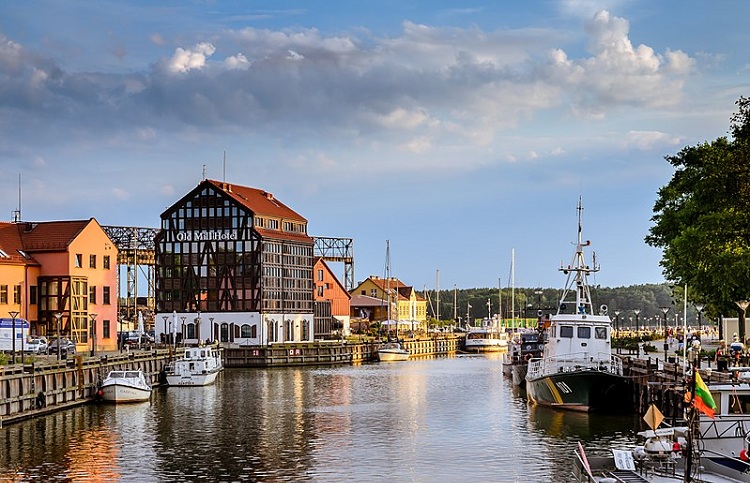Eduardo González
The subject of Catalonia inevitably came up during the official visit of Prime Minister Pedro Sánchez to Latvia, whose prime minister, Arturs Krišjānis Kariņš, warned that it is “an internal matter of Spain” and that it is not up to him “to make recommendations on how it should be solved”.
The second day of Pedro Sánchez’s tour of the Baltic countries began yesterday where the first had ended, in Estonia, where he was received by the President of the Republic, Kersti Kaljulaid, and subsequently visited with her the exhibition Zuloaga: Soul of Spain. After a tour of the old city of Tallinn, the head of the Executive concluded his visit to Estonia with a working lunch hosted by the President of the Parliament, Jüri Ratas.
Later, Sánchez moved on to Latvia, where he was received by the Prime Minister, Arturs Krišjānis Kariņš, with whom he participated in a floral offering at the Freedom Monument and held a bilateral meeting that concluded with a joint appearance before the media. The two then visited the Adazi military base, where Spanish troops involved in NATO’s Operation Enhanced Forward Presence are stationed.
During the joint press conference with his counterpart, Mr. Sánchez recalled that Spain and Latvia are celebrating this year the centenary of their diplomatic relations, “one more proof of the extraordinary relationship between both countries, which we must continue to promote”, and assured that “Latvia can count on Spain in the defense of its territorial integrity” and that the Spanish are “very proud” of the presence of their soldiers at the Adazi base.
Likewise, and with regard to Russia, Sánchez insisted – as he did the day before in Estonia – that the EU’s attitude should be based on “a double approach: a forceful response to any attack by Russia on International Law and human rights and the need for dialogue with Russia on global issues, such as climate change”.
For his part, Kariņš expressed his “gratitude” to Spain for its “very important” contribution to NATO. “Spain has the second largest military contingent at the Adazi base,” he stated. “When we collaborate together we are stronger and more secure” and, therefore, “the unity of EU and NATO members” is very important, because “only with unanimous and joint policies can we achieve goals with Russia,” he added. He also stated that the two countries have “very good economic relations”, but “we would like to see more Spanish companies collaborating with Latvia”.
Catalonia
During the press conference the topic of Catalonia inevitably came up, after, last June 21, the Parliamentary Assembly of the Council of Europe (PACE) called for the release of the Catalan leaders prosecuted for the independence process, as well as the reform of the crime of sedition and the withdrawal of the Euro-orders issued against Carles Puigdemont and other leaders fleeing Spain, at the proposal of the Latvian socialist MP Boriss Cilevičs. Separately, several people unfurled a Catalan pro-independence flag yesterday during the wreath laying at the Freedom Monument in which the two heads of government took part.
“In every country there are issues that, from the outside, are interpreted differently, but Catalonia is an internal affair of Spain and we respect the actions of the Spanish government”, Kariņš assured. “As prime minister of another government, I do not intend to give recommendations on how this situation should be solved”, he warned.







